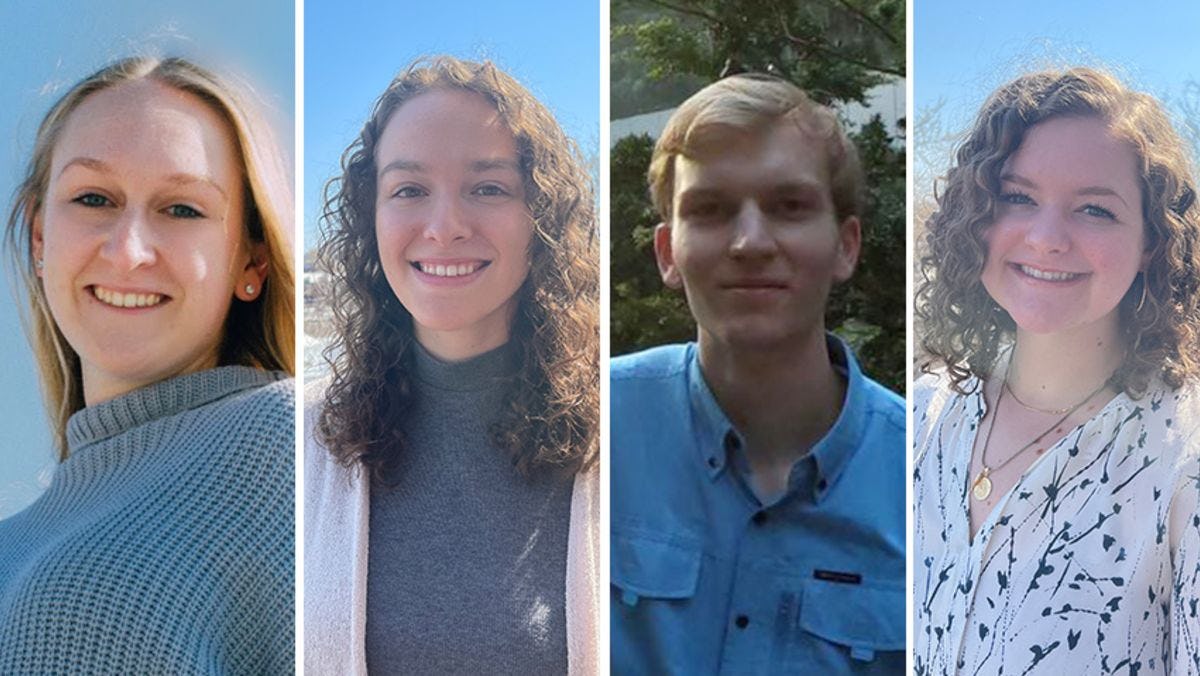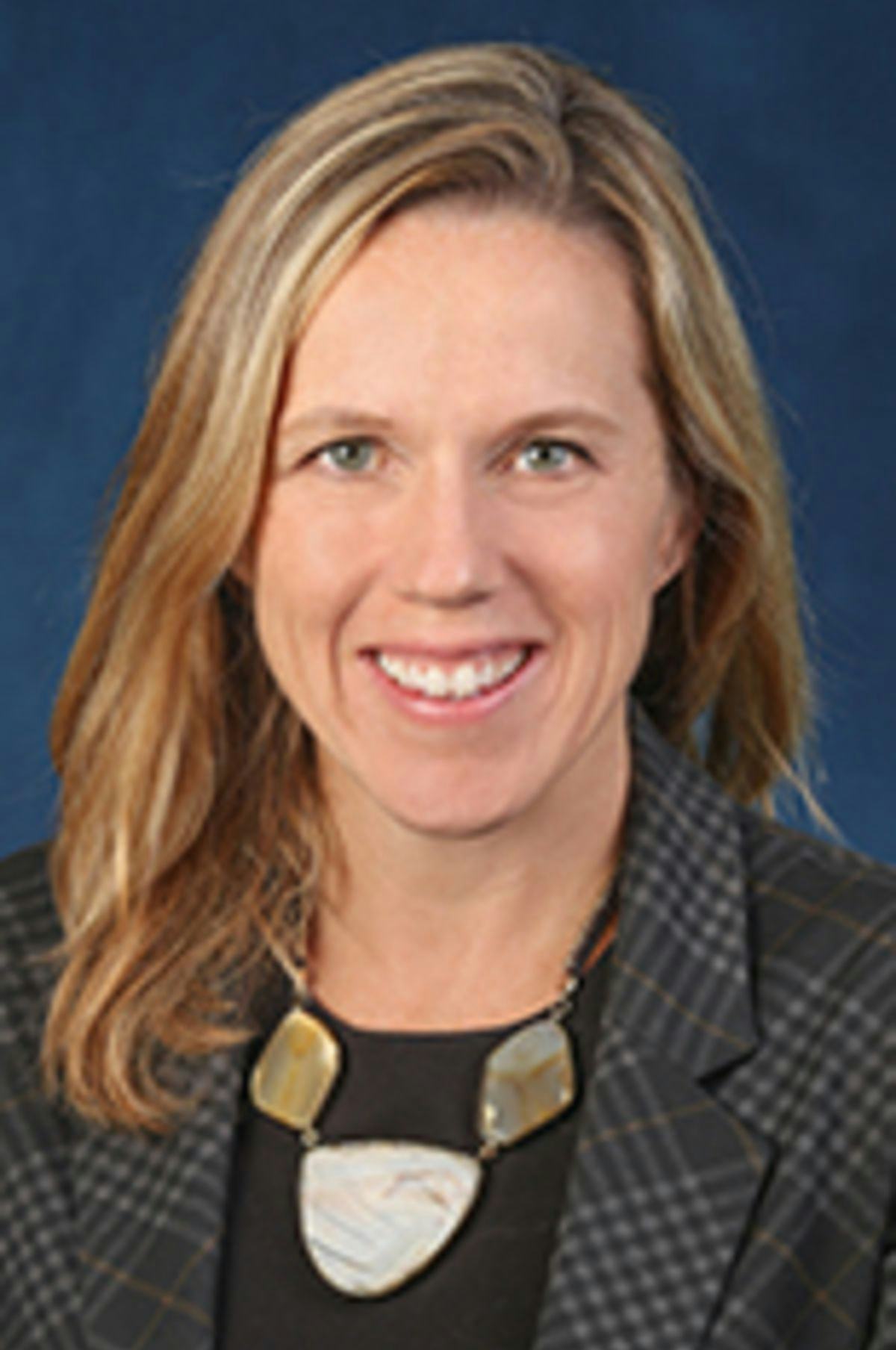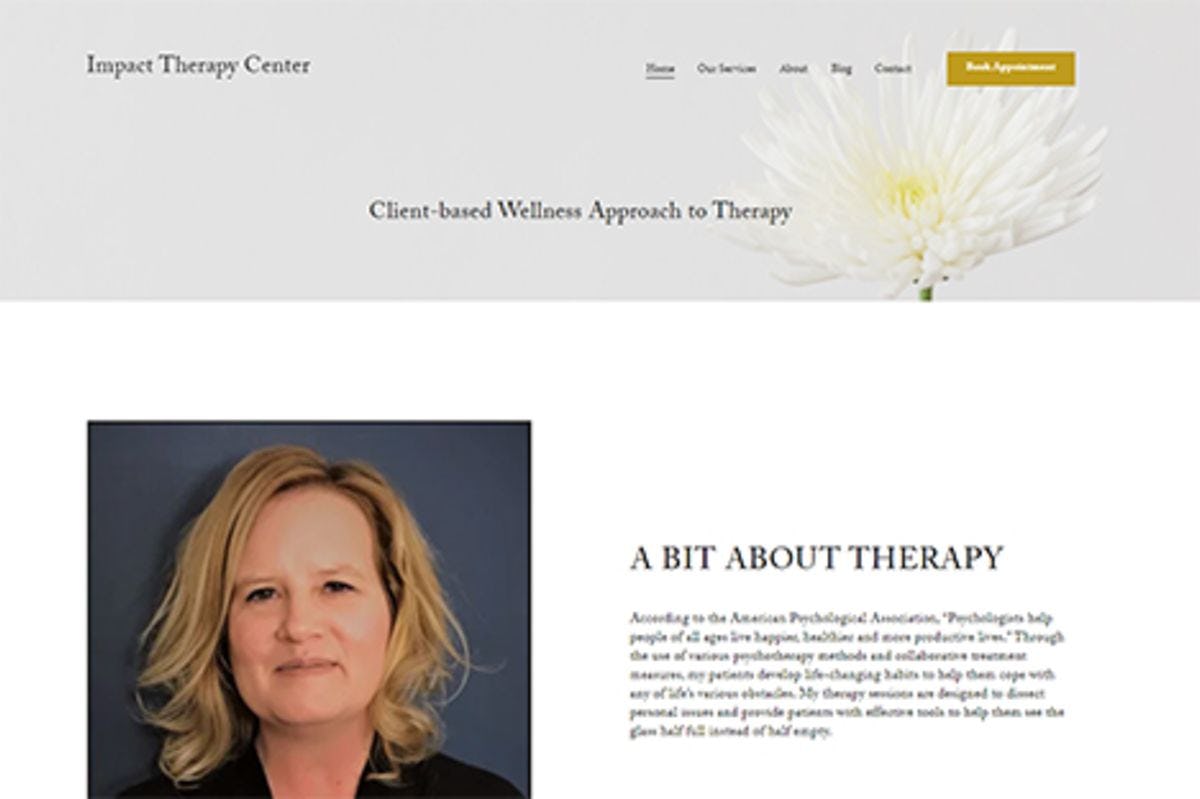In Starting Her Own Practice, a Therapist Gets Peace of Mind, Thanks to Stevens Students
Team's Insights on Data, Technology Helped Her Make Better Decisions in Setting Up Her Business
Would you trust a bunch of college kids with helping you start your own business?
In a perfect world, Jen Marshall might have enlisted a professional consultant as she transitioned from working in a group psychotherapy practice to hanging out her own shingle. But she instead turned to the School of Business at Stevens Institute of Technology, where she had the opportunity to get help from business school students, who in turn applied their learning to a real project.
“I’m a therapist — I don’t know how to start my own business,” Marshall said. “I realized my business was in better hands with their help than it would be with me alone.”
Today, Marshall said, the team of Quantitative Finance students working with her to start Impact Therapy Center has been instrumental as both a sounding board and a source for sensible, actionable data that she can use in getting started.
“I’ve heard a lot about Stevens students over the years, and working alongside them has been such an experience,” she said. “They’re so impressive — the skills and expertise they offer are the kind of things people pay consultants a lot of money for.”
Students in the Quantitative Finance program tend to be more at home building models, digging into market data on Bloomberg and assessing risk than they are in helping a startup therapy practice. Alexis Fryc, who will graduate this spring before pursuing her Stevens master’s in Data Science, said it was a pleasant surprise to see how transferrable her skills were.
“Being QFs, we’ve done a lot of projects that involve a lot of data gathering, which really helped this project,” said Fryc, who will spend this summer as an intern with Merck. “We went into it knowing nothing about therapy practices, so we really had to compile as much relevant data as we could find to help Jen make the right choices for her practice.”
That involved extensive research — everything from recommending a user-friendly CRM system; to helping choose the name of the practice; to recommending office locations based on criteria like population, income, competing practices, pricing and other criteria.
Data is only a starting point
Marshall won’t put the location data to use right away — she plans to operate virtually at first, owing to the pandemic — but for Jack Fyda, the exercise was a good chance to ensure the team was organizing and presenting data in ways that made sense to a nontechnical client.
“Having the data is a great starting point, but a lot of our classes require you to provide a qualitative explanation behind what you think the data is telling you, and break that down in a simple way so someone who isn’t data savvy understands the rationale you’re drawing on,” said Fyda, who will start his Stevens master’s in Finance after graduating this spring, and has an internship with UBS lined up for the summer. “Learning to make data-driven decisions was a really critical part of our Stevens education.”
Dr. Ann Murphy, an associate professor of Management in the School of Business, went the nontraditional route of recommending a QF team for this project after speaking with Taylor Nicolich, a member of the Pinnacle scholars program who she worked with on a summer research project. The group will showcase its results at the April 30 Innovation Expo.
“Taylor said a research project would deepen their QF experience, but a project like this would give them an opportunity to learn and practice something different,” Prof. Murphy said. “It really speaks to the applied nature of a Stevens degree that they were able to take the highly specialized skills they learned in the QF program and use them to create such tremendous impact for the client.”
Having Prof. Murphy as a resource was crucial to the team’s success, said Nicolich, who will graduate in December after completing an internship this summer with Credit Suisse.
“She helped us break it down and make the process more manageable, then challenged us to go deeper,” she said. “Whether it was HIPAA compliance or getting the LLC set up, she pushed us in the right direction to make sure we were adding value for Jen.”
What's in a name?
One of the biggest challenges the team and client faced was coming up with a name for the practice, said Lauren Brandenstein, who will also intern with Merck this summer before completing her bachelor’s degree in December and going on to her Stevens master’s in Business Intelligence & Analytics. The original name concept, she said, was JM Therapy, for Marshall’s initials.
“We didn’t feel that worked very well, because if she grows and takes on more therapists, the name doesn’t really reflect that,” Brandenstein said. “It was a long ride — Jen gave us words she liked, we offered our own feedback and suggested new ideas. Then we ran into issues with getting an LLC, because one of the names we liked was already taken.
“But in our classes, we do a lot of project work where things constantly change — you might have a research problem, but aren’t able to get a specific kind of data, so you have to switch up your approach. We’re used to thinking ahead and finding multiple paths to a solution, so that if one way doesn’t work, you can find another.”
The naming challenge was an area where Marshall said student input was incredibly valuable — right down to whether “therapy” or “counseling” would be better to include in the business name.
“They were so helpful in helping me reconsider what people think about when they’re looking for a therapist, and what kind of tone they would appreciate and what the words mean to them,” she said. “I’m not an expert when it comes to technology and data, but the students were so supportive, and made me feel comfortable being vulnerable — they make me feel it’s safe to ask questions so that I can learn something, as well.”
Quantitative Finance major Undergraduate Business Experience School of Business





